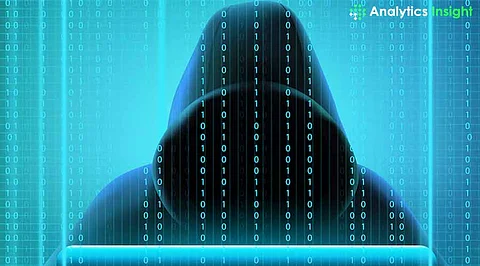

ClipBanker malware targets cryptocurrency users by silently swapping copied wallet addresses, resulting in irreversible fund theft. To defend against this growing threat, users are advised to manually verify addresses, use hardware wallets, and install antivirus software.
A sophisticated cyber threat known as ClipBanker has been targeting cryptocurrency users, stealthily stealing funds by manipulating wallet addresses in the clipboard. This insidious malware monitors and alters wallet address strings in the clipboard system, seamlessly redirecting transactions to attacker-controlled wallets.
Unsuspecting users unwittingly send payments to these fake wallets, resulting in irreversible losses. The malware's ability to operate autonomously, without triggering alerts or requiring user input, makes it a formidable threat.
With blockchain transactions being permanent and irreversible, victims face significant financial losses, highlighting the critical need for robust cybersecurity measures to prevent such attacks.
The clipBanker malware starts its operation automatically upon infecting a computer. The malware program continuously scans copied content on your clipboard to detect Bitcoin or Ethereum wallet formats. While copying user wallet addresses, the malware replaces the original address with one that belongs to the attacker.
Users cannot detect this quick change, which occurs within milliseconds. The malware system functions across various wallet formats, which enables it to exploit different cryptocurrencies. All risks stem from users who fail to confirm send-to addresses before making payments.
Attackers have recently distributed malware through fake Microsoft Office add-ins operating on open-source platforms, such as SourceForge. Hackers exploited valid GitHub repository clones to deceive users into downloading compromised files. ClipBanker and the cryptocurrency mining component existed in the malicious payload to waste unauthorized system resources.
Security professionals advise that individuals follow several safety protocols to prevent attacks by clipboard hijackers. Buyers should verify that the wallet addresses in their clippings match their intended sending addresses during the transaction completion process. Entering data manually instead of using copy-paste operations eliminates many security risks.
Using QR codes in conjunction with manual wallet address input creates a more secure payment system. Software must be obtained only from official software distributors. Updated antivirus software operates by regularly scanning to detect and eliminate malicious software, including ClipBanker.
Changes in network environment do not affect off-platform hardware wallets because they maintain a connection-free relationship with the network, which safeguards private keys.. Exchange platforms have introduced an address whitelisting system, enabling users to restrict wallet withdrawals to only verified addresses.
Security in the cryptocurrency environment has become increasingly important due to the ClipBanker malware threat. Crypto users remain fully liable for fund protection because the ecosystem lacks a central authority to reverse transactions. As malware threats continue to evolve, digital asset protection relies on strict security habits.
